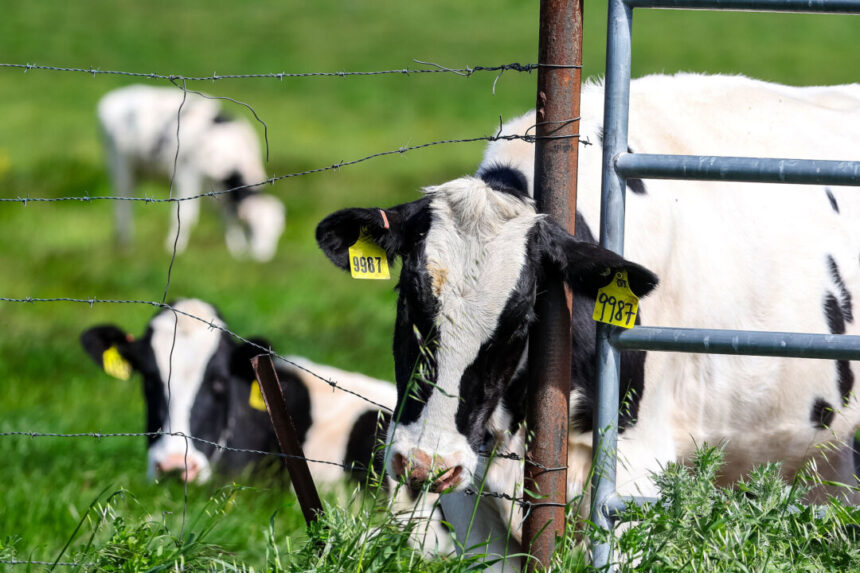In April, an Oklahoma dairy collected samples from its herd suspected of being infected. The samples later tested positive for H5N1, making Oklahoma the 13th state with confirmed cases of bird flu in dairy cattle. The Oklahoma Department of Agriculture, Food and Forestry confirmed the presence of highly pathogenic avian influenza (HPAI) in the herd on July 12. Despite this, the agency assured the public that pasteurized milk and dairy products from the commercial supply chain remain safe due to federal animal health regulations and pasteurization processes.
According to Lee Benson, a spokesperson for the Oklahoma Agriculture Department, the samples were collected from two separate barns on the same dairy farm. The dairy farm submitted the samples to the U.S. Department of Agriculture (USDA) for testing, which confirmed the infection. The affected dairy herd has since recovered, with no additional cases reported.
The USDA lists two confirmed cases in Oklahoma, treating each dairy barn as a separate affected group. Measures to contain the spread of bird flu among dairy farms include visitor restrictions, tree removal to deter wild birds, and disinfection of vehicles entering the premises.
State veterinarian Dr. Rod Hall emphasized the importance of biosecurity practices and provided personal protective equipment to dairy farmers to prevent further outbreaks. In a separate incident, a dairy worker in Texas tested positive for H5N1 after coming into contact with infected dairy cows.
The U.S. Centers for Disease Control and Prevention reported the first case of a person contracting bird flu from a cow in Texas. Additionally, Colorado confirmed cases of poultry workers testing positive for the virus after culling infected chickens. These workers experienced mild symptoms but did not require hospitalization, indicating potential direct transmission from infected birds.
Source link





